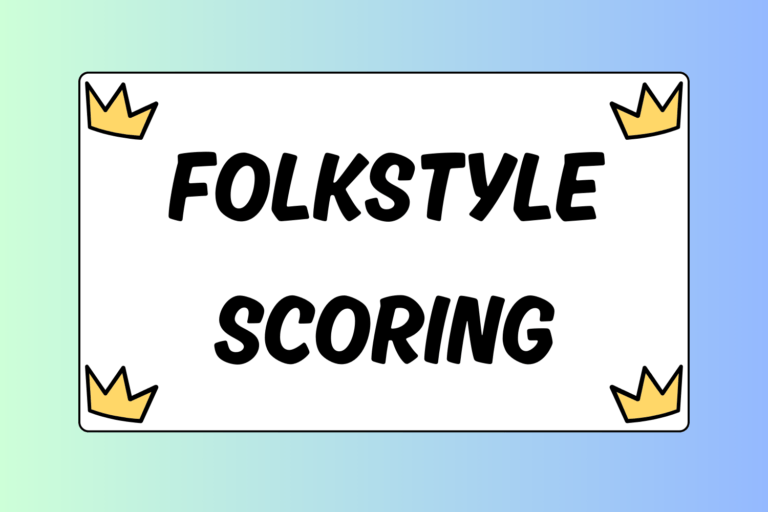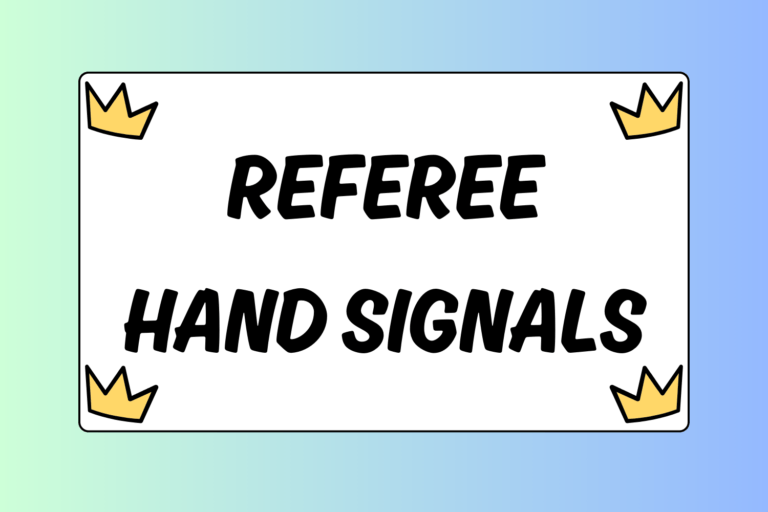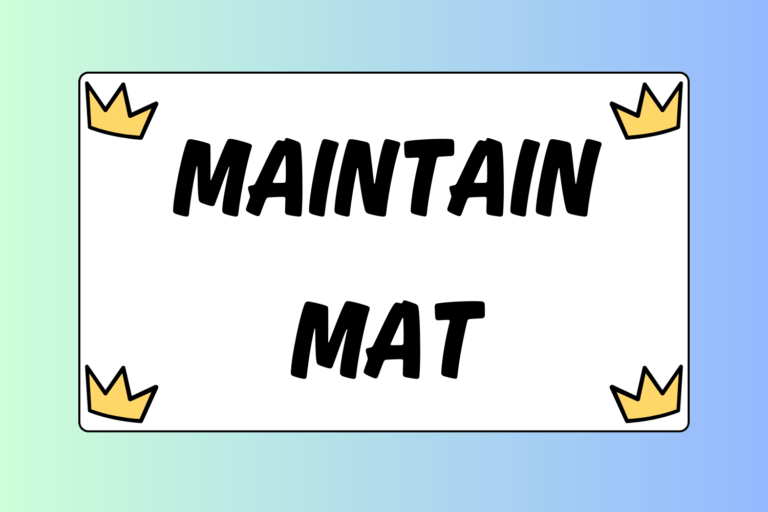One of the most difficult things for coaches to learn is how to communicate and interact with referees. Referees are an integral part of wrestling competition, and there are certain things coaches should know when approaching them. This guide will provide you with some of the best practices to use when dealing with referees during competition.
Build a Relationship
If there is one thing you take away from this guide, it should be the importance of building relationships with referees. You will often see the same referees at local competitions on a weekly basis, and it’s important that you become familiar and friendly with them. Establishing positive, respectful relationships with your referees will go a long way.
Building relationships is important because it lets the referees know that you are all on the same page: That, at the end of the day, it’s all about the kids. Ultimately, you and the referees are there to see the wrestlers have fun while competing in the sport they love. If this is mutually understood, and your relationships are based on respect, any problems or issues that arise will be handled much easier.
Furthermore, if a referee respects you, he will be more willing to listen to your opinions and accept constructive criticism. If you spend all of your time fighting against the refs and treating them disrespectfully, though, they’ll likely want nothing to do with you.
Hot Tip: Being a Role Model
Referees should be treated with respect even when they make a mistake or a blatantly bad call. Don’t forget that, first and foremost, referees are humans and should be treated as such. Whether you are conscious of it or not, how you treat the referees will be noticed by your wrestlers. In turn, this will affect how they deal with them, as well. It’s also important to realize that any anger you show towards a referee may affect your wrestler’s performance. Refereeing is an extremely difficult and stressful job, so do the right thing and control your emotions. Treat all referees with respect.
Let Him Work
Unless it’s absolutely necessary, don’t talk to the referee while the match is in progress. Of course, there are situations where it’s appropriate to interrupt. For example, speaking up if your wrestler is put in physical danger is part of your job, so notifying the referee of this is perfectly acceptable. Likewise, pointing something out that a referee cannot see due to his position in relation to the wrestlers is also okay. Issues with score or the official time, for example, are necessary to point out because the referee will not be paying attention to these aspects of the match. However, talking to or heckling the referee will not only distract him from the match, but it may unfortunately affect how he officiates your wrestlers’ matches.
When you do need to voice a concern, never speak in a disrespectful manner or challenge the referee’s authority. This is an easy way to get penalized or ejected from the competition.
Approaching the Table
The best time to discuss an issue is before or after the match. However, there will be instances when you’ll need to interfere and address the referee during competition. This should always be done in a respectful and orderly manner by approaching the scoring table and signaling to the referee that you would like to take a time out.
It’s best to approach the table when there is a break in action — between periods or when the wrestlers go out of bounds, for example. By doing this, you won’t be affecting the flow of the match. You will also be showing the referee that you are willing to talk about an issue without aggressively interrupting the competition. However, there may be certain situations where you will need to interrupt the match immediately, like when you want to dispute a score. If this needs to happen, keep the discussion quick and to the point.
Know the Rules
Before debating a call, make sure you have sufficient knowledge of the rules. You should also be up-to-date on any new rule amendments. It’s not the referee’s job to explain every rule in detail, so any lack of knowledge may get you the cold shoulder. It will help to have a copy of the rulebook handy in case you need to refresh your memory or point something out to the referee.
It’s also important that you understand that there is a difference between questioning the misapplication of a rule and questioning the referee’s judgment. You have the right to make sure a rule is interpreted correctly, but the referee has the final say on each call. You are never allowed to question his judgment when the call is final.
A simple example of a misapplication of a rule is when a wrestler performs a full nelson. A referee may make the call that the hold is potentially dangerous, rather than the correct call of an illegal move. In this scenario, you would be able to approach the scoring table and discuss the rule with the official.
On the other hand, say a referee awards a takedown on the edge of the mat. While you may discuss why the takedown was awarded if you don’t agree with it, you cannot continue to question his judgment after he has made his final decision. Doing so will typically result in a penalty of coach misconduct.
Hot Tip: On the Same Page
If there is a new rule that you need clarification on, talk about it with a referee before the event starts. He may be able to shed some light on any confusing subjects, and it will help to eliminate issues down the line.
Solving the Problem
At most events, there will typically be an assistant referee who aids the official referee in each match. In cases where there may be a misapplication of a rule, the assistant referee should be brought into the conversation to help make a decision. Again, it must be stressed that these individuals have the final say on each call, and their interpretation of the rules should not be questioned. However, there are certain things you can do if you still feel there is an issue with a specific call or interpretation of a rule.
If there is still an unsolved issue after the match, you can typically bring your concern to the head referee. This individual is generally the most knowledgeable referee, responsible for managing the other referees at the competition and clarifying any issues with the rules. If you think that a rule was misinterpreted by another referee, confide in the head referee to get further clarification.
If you still have an issue with a rule interpretation, or a referee’s conduct in general, you may file an official complaint against the referee. This should be a last resort, and should only be done if there is a serious issue with a referee, like showing bias. Talk to the head official at an event about filing an official complaint, or contact your local referee’s association or governing body. They should be able to help you with this process.
Working Together
As a coach, dealing with referees can be difficult. And although conflicts with referees may seem serious at the time, at the end of the day, they’re not that significant. Both the referees and coaches should keep their focus on the wrestlers, working to give them the best competitive experience possible. If this is done and you know how to approach certain situations, it shouldn’t be too difficult to deal with any issue that arises. Good luck!





